Clarissa Bye: Queen’s funeral highlights lack of ritual in modern Aussie lives
The British fondness for extravagant pomp and ceremony seems alien to Australian sensibilities, yet we are missing something vital in our lives, writes Clarissa Bye
Opinion
Don't miss out on the headlines from Opinion. Followed categories will be added to My News.
GROWING up in Australia as a child of the 1970s, in a modern society, there was very little of what you might call ritual in my life.
There was no going to church on a Sunday, dressed in your best, like I read about in books and stories from elsewhere.
No attending annual Christmas pantomimes, a tradition that one of my brothers living in the UK for a stint in the early 2000s was particularly struck about.
We had a plain old speech day at the end of high school, but there was little pomp or ceremony about that.
There was nothing like the bar mitzvah coming of age ceremony that Jewish boys and girls do.
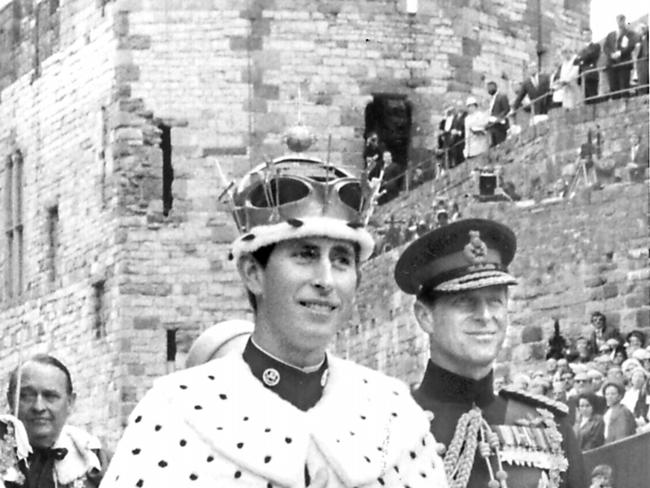
It seemed that the things that were valued were to be spontaneous, to be casual, to be “no fuss”. Don’t stand on ceremony, as the saying goes.
I’ve been to simple bare-bone weddings in parks, and the most plain of plain funeral services held in buildings that could be mistaken for modern office workplaces.
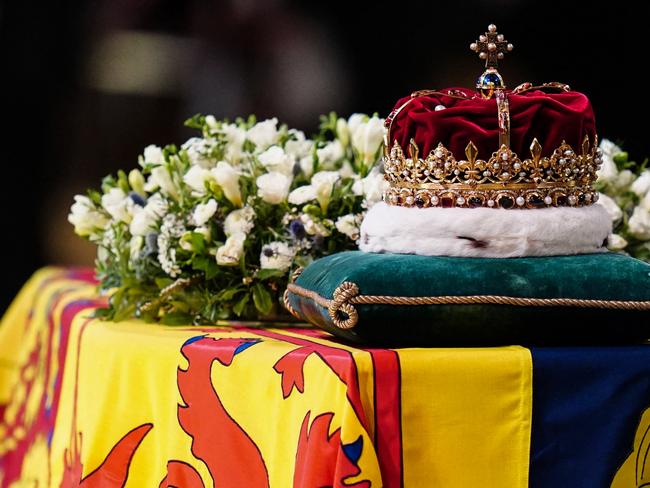
Some of the new university campuses around Sydney that my relatives now attend are nothing more than converted office spaces in the CBD, with no soul, no sense of history, no appeal to the imagination that the grand sandstone buildings in traditional campuses have.
When I had my third baby, I was kicked out of St George Hospital within three hours. None of those complicated birthing rituals or customs that they do around the world, like presenting the placenta in a box such as in Japan.
Just a couple of forms to sign.
But we tell ourselves we’re modern, streamlined, we’re not old-fashioned or stuffy.

During the pandemic, even the speech days and formals were dispensed with for my son when he finished his HSC. Twelve years of schooling and then nothing.
Have we thrown out the baby with the bathwater?
As we watch the British, with their bizarre and ancient traditions to farewell the Queen, I can’t help but wonder if there’s something more to having these rites elaborately played out?
Their archaic pageantry that prescribes everything, from the exact time a church bell must peal, to how the coffin lies in state, with its orb and sceptre, and how it must be guarded by different regiments, and all those trumpets and majestic Gothic cathedrals and Biblical and Shakespearean language.

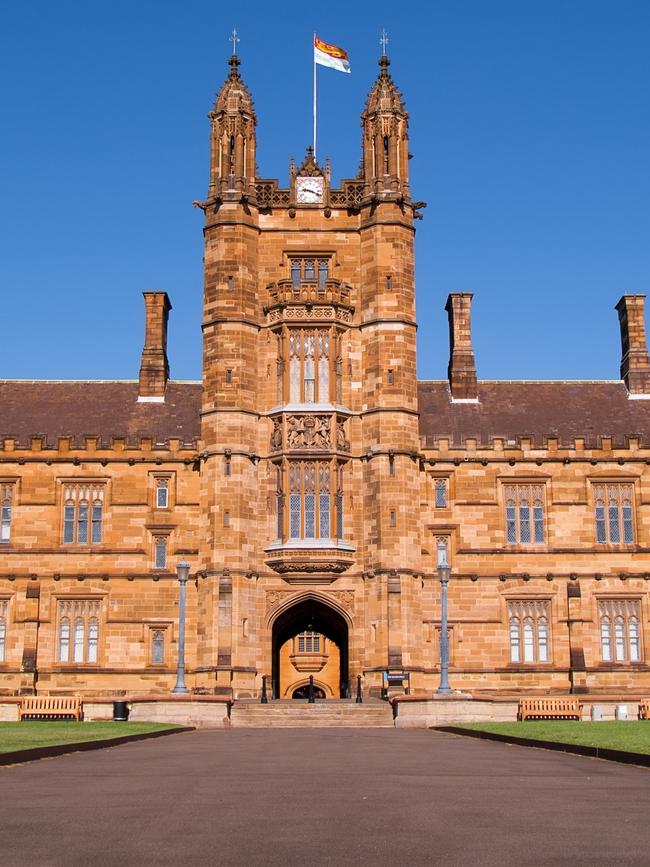
Former PM Tony Abbott made an insightful comment on Sky News on Sunday night, as they played footage of the Queen’s hearse being driven through Scotland.
“All of us are spiritual as well as physical beings and some of these ancient traditions appeal to the spiritual side of us,” he said.
“They touch our need for ceremony, our need for ritual - they nourish a part of us that the modern world doesn’t always acknowledge or appreciate but which is nonetheless real for them.”
Even if we have no idea of the mystery behind much of the pomp and circumstance, they can affect us deeply.
It’s something that modern day psychologists have pointed out, particularly those in the Jungian tradition.
Best-selling US author and Jungian analyst Robert J Johnson argues we’ve lost many rituals in modern society, but we still have an innate need for them.
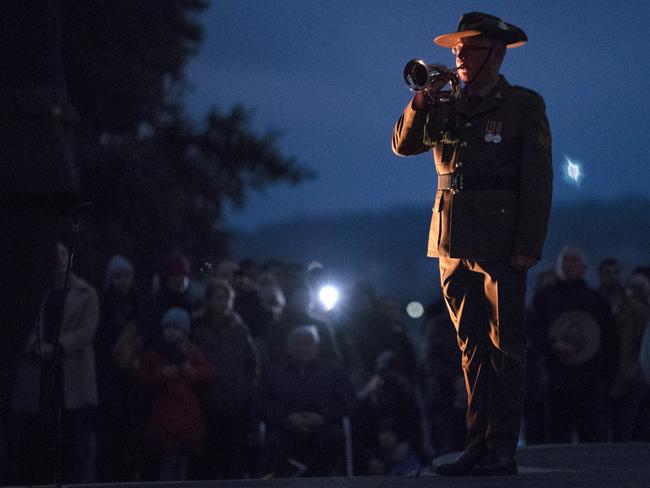
Essentially they are “symbolic behaviour, consciously performed”. He says modern people deprived of meaningful ritual feel a chronic sense of emptiness. Performing rituals transform emotions and other aspects of our unconscious, into the physical and concrete realm. They are found in our dreams, our art and culture.
“All healthy societies have a rich ceremonial life,” he says.
“Less healthy ones rely on unconscious expressions: war, violence, psychosomatic illness, neurotic suffering, and accidents are very low-grade ways of living out the shadow.
“Ceremony and ritual are a far more intelligent means of accomplishing the same thing.”
Contemporary New York social psychology Professor Shira Gabriel has also done research in this field and says shared rituals are vitally important - they make us feel more connected to others, and give our life meaning.
“Our research suggests that people who experience these things a lot are likely to be happier and feel less anxious and depressed,” she reports.
“People do not generally think about being in a lecture hall or watching TV with others as fulfilling social needs and as psychologically important, but …the current research is consistent with a view of humans as fundamentally social creatures that find rewards just from being near other people even when we are unaware of the nature of the reward or the reason behind it.”
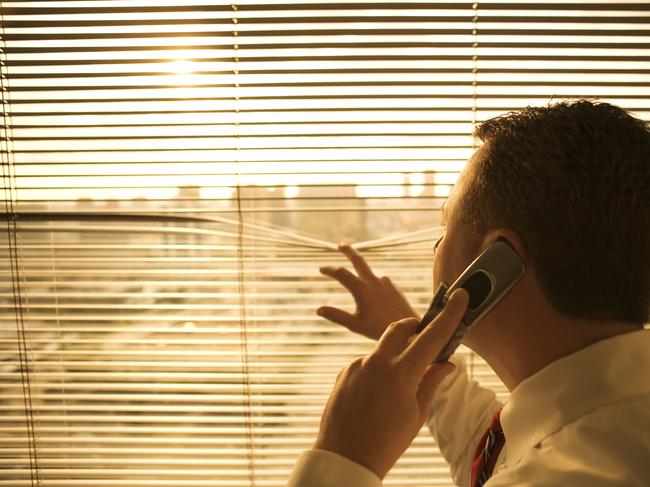
We Australians have developed homegrown rituals around our sport, to be sure. There’s nothing like the collective thrill and frustration of being in a crowded stadium with everyone else watching your favourite team.
But in an increasingly isolated world- where we experience everything second hand through our digital screens - we’re missing out on being part of something greater than ourselves.
And it seems that the void left by the retreat of traditional religion is being filled by a new civic religion of wokery, with its own rituals and atonement days on the calendar such as Pride months and Purple Days and Sorry Days. Its own Bible laid out in diversity, equity and inclusivity guidelines.
But rituals that stand the test of time bring us together, they don’t separate or divide. Instead they share a common experience of humanity.
We should cultivate rituals that are uniquely Australian, that suit our times, and treasure them.





